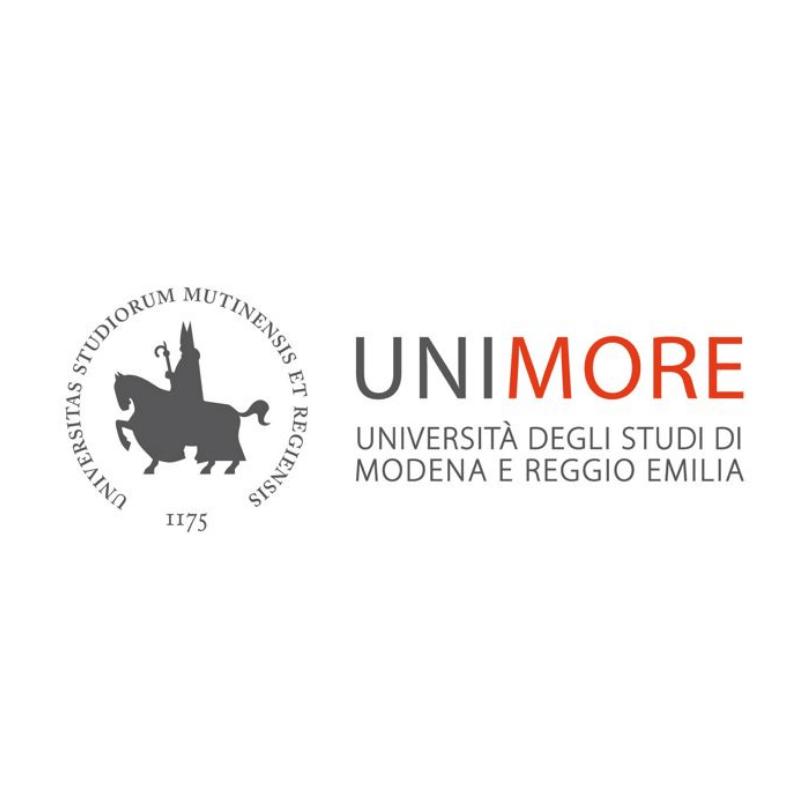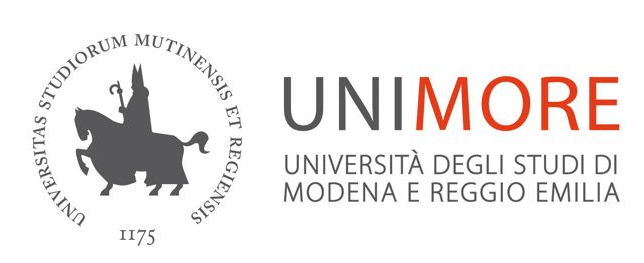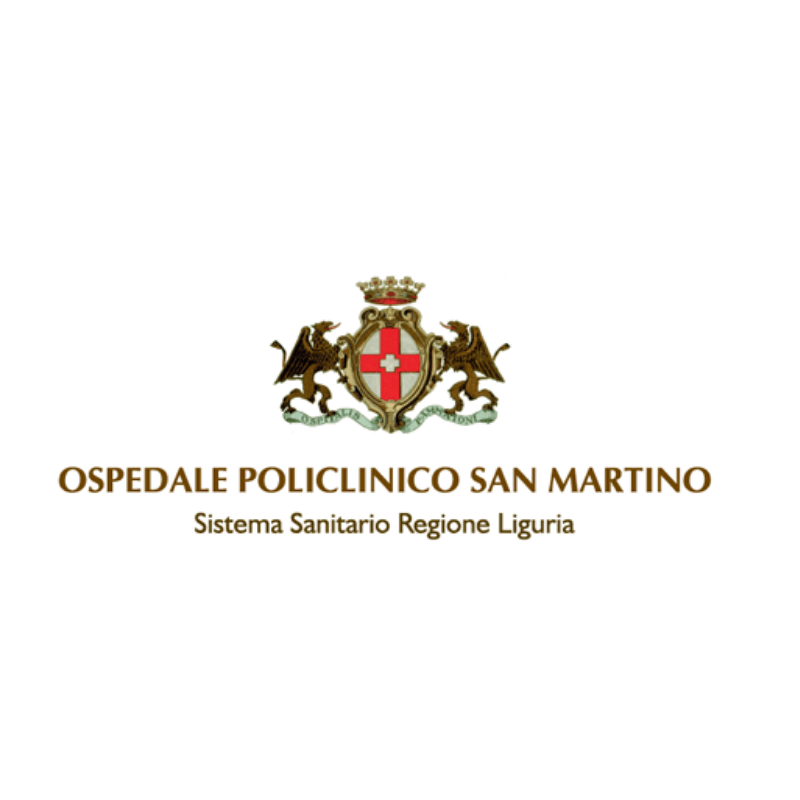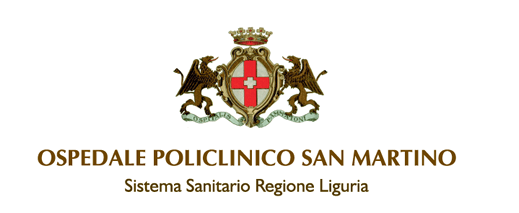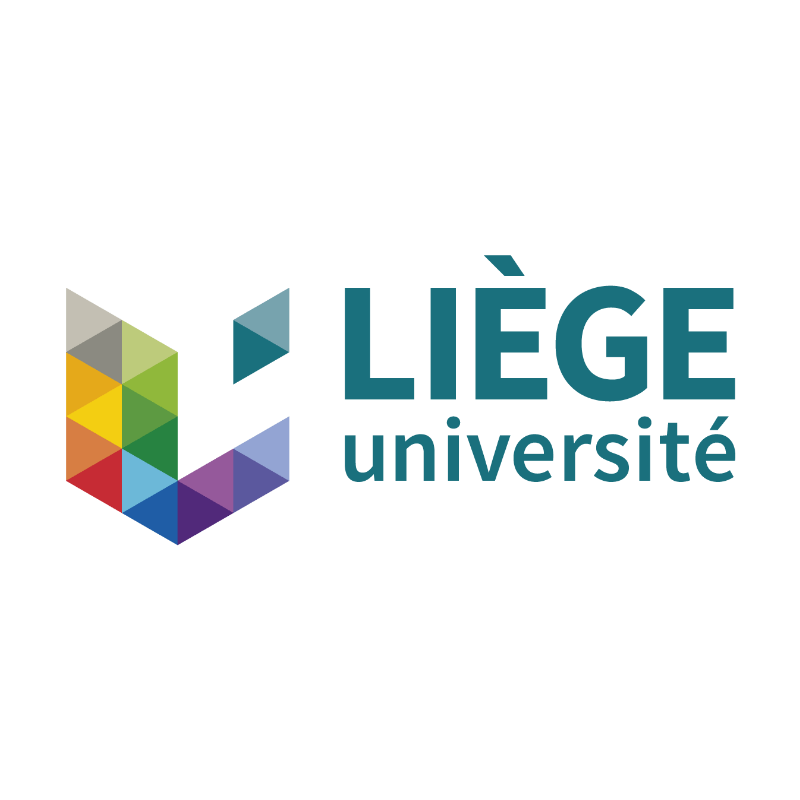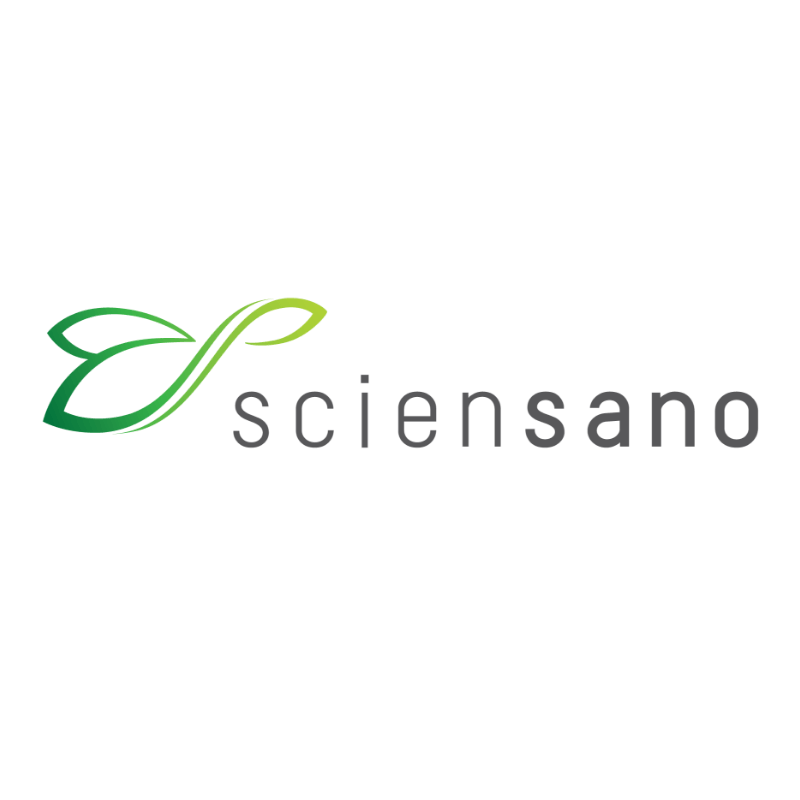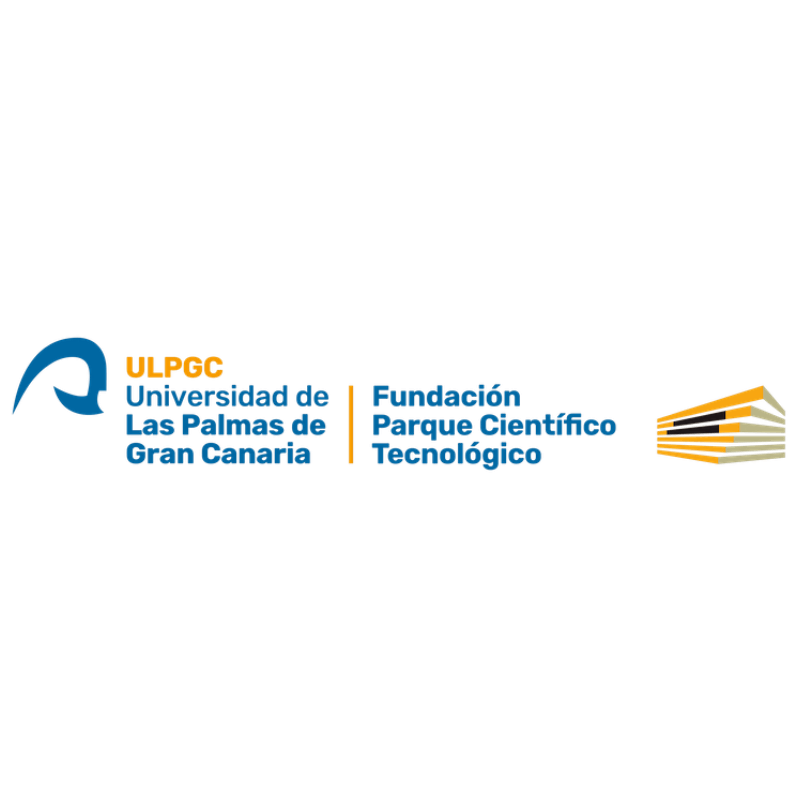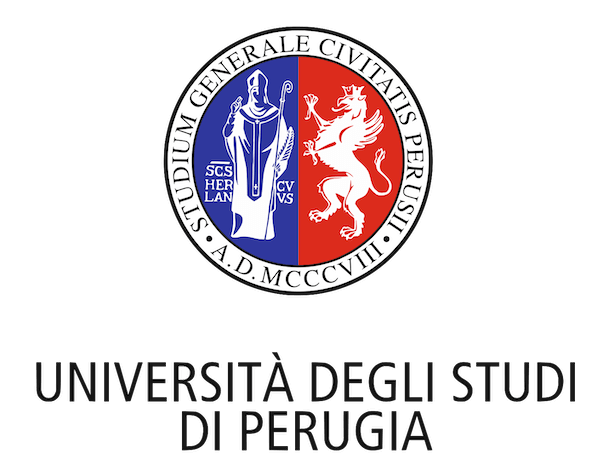
Link to the project Consortium: UNITO
University Of Perugia (UNIPG) through the Department of Agricultural, Food and Environmental Sciences of the (DBVPG) is a linked third party in force of the statute of the Italian Joint Research Unit (JRU) MIRRI-IT aimed at the implementation of the Italian node of MIRRI-ERIC. The JRU is hosted by the University of Turin. The Industrial Yeasts Collection DBVPG of the Department of Agricultural, Food and Environmental Sciences of the University of Perugia, is a Biological Resource Centre (BRC) specialised in the study and ex-situ conservation of yeasts and yeast-like microorganisms. Its main objectives are the acquisition, classification, preservation and distribution of cultures of yeast and yeast-like organisms. The collection of DBVPG preserves over 6,000 yeast strains, isolated from different technological and natural environments (including Antarctica). The research programs of the Collection DBVPG are principally focused on the study of taxonomy, biodiversity and biotechnology of yeasts. Additionally, the Collection DBVPG offers various services including identifications, screening for the production of molecules for technological applications, patent deposits and training courses. The Collection DBVPG acquired the WIPO International Depositary Authority (IDA) status since 1998. DBVPG strives to support the implementation of joint activities aimed at consolidation, strengthening and expansion of the MIRRI research infrastructure, both at national and European level, and its impact in terms of science and innovation, even participating jointly or individually to research funding programmes. It is an internationally recognised biobank with specific skills and expertise, very useful for the project and a member of the European Culture Collection Organisation (ECCO) and the World Federation Culture Collection (WFCC).


